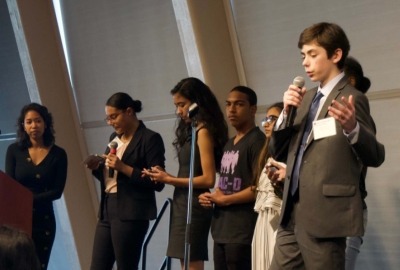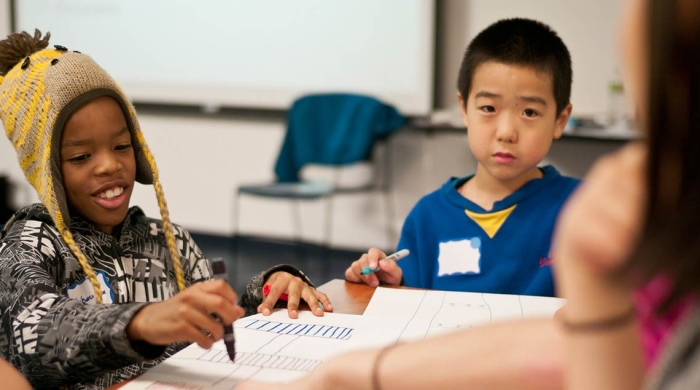
Overall, we learned a great deal from this process. Through this project the students had the opportunity to re-write and re-right their position in history (Smith, 2002). As participant researchers, the youth rightly “[told their] stories from the past, [reclaimed] the past, giving testimony to the injustices of the past [which] are all strategies commonly employed by indigenous peoples struggling for justice” (Smith 2002, p35). It is not enough to use students' emotions and trauma in order to produce work adults should have been doing from the beginning. Youth have been historically disenfranchised and decentered from their own education, and it is now time to partner with students to create a more humanizing education system. From building community to establishing a solid partnership and then executing the YPAR project, it is our hope that this work will encourage educators to listen to youth, and form genuine youth adult partnerships where we begin to address issues such as disproportionality in solidarity, instead of using the same tactics that silence the voices who need to be the loudest at the table. We end this manual with the words of a YTAC-D alum:
The impact of this group on the youth cannot be stressed enough. This youth group fostered amazing growth and development for us. It can’t be described how affirming it was to be there and be told “you’re not crazy, this isn’t just happening to you, we believe you.” That alone was miles and miles away from what many were used to experiencing. We were given the tools and resources and language in order to vocalize and mobilize against what we had already known to be true for our entire lives. Our capability was never doubted and we were looked at like leaders, for many for what was the first time. We were allowed to feel our rage and hurt without ever being expected to “use that in our work” or make our trauma profitable in some way. We came in every week and thought critically about our reality and our own prejudices that may live within us. In the end youth groups like this are not important only because of the work that is produced—because there is never any doubt that when given the proper resources students can and will create impactful and meaningful work— but because of the unbelievable growth and learning that happens when youth who have built distrust of their authority figures over time find an affirming community filled with knowledge and love. With YTAC-D, this is what we set out to create, and that is what we achieved. The research and reforms are simply a consequence of the community that each and every participant worked to build.

